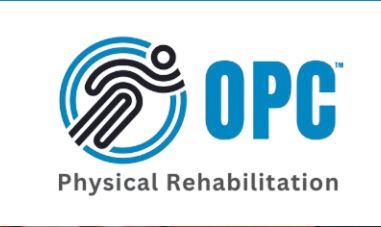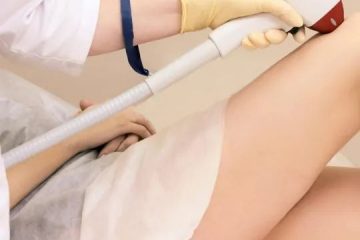Losing a limb changes more than just the body. It affects the heart and mind too. Every amputee faces deep emotional shifts that most people cannot fully understand. The sudden changes in appearance, ability, and daily routines can cause overwhelming stress.
However, emotional support for amputees can make a powerful difference. It brings hope, strength, and the comfort of knowing no one has to face this alone. This kind of support helps survivors find courage when life feels too heavy.
Why Emotional Healing Matters Just as Much as Physical Recovery
Physical recovery often gets the most attention after limb loss. But emotional health is just as important. People with limb loss may feel grief, anger, shame, or sadness. These emotions can be confusing and painful.
Without emotional support for amputees, these feelings may grow stronger. That’s why care must include the mind and heart. Moreover, talking about pain makes it easier to handle.
Many amputees find it hard to open up at first. But with the right people by their side, that often changes. Healing becomes smoother when someone listens without judgment.
Family and Friends: The First Circle of Strength
The support of loved ones is often the first and strongest line of help. Family and close friends can bring comfort when things feel shaky.
Also, they can assist with everyday tasks, which can ease stress. More importantly, their words and actions help amputees feel less alone.
In addition, small acts of kindness carry deep meaning. A warm meal, a shared laugh, or even a silent presence can lift someone’s mood.
However, family members may also struggle with what to say or do. This is why open communication is so important on both sides.
Peer Support: Healing Through Shared Experiences
One of the most helpful things for any amputee is meeting others like them. Peer support groups give space for honest talks.
Moreover, these groups offer an understanding that even close family cannot always give. People share their stories, fears, and wins.
Hearing from someone who has walked a similar path brings hope. It reminds survivors they are not alone in their feelings.
Additionally, peer groups can share tips on daily living, prosthetic use, or even fitness routines. The bond they build makes the journey feel lighter.
Mental Health Support: A Vital Step Toward Stability
Although friends and peers help, trained mental health workers play a unique role. Therapists and counselors can guide amputees through their emotional ups and downs.
Also, they can help manage anxiety, depression, or PTSD if they arise. Their training gives them tools to work with deep-rooted feelings.
In addition, some people benefit from group therapy led by mental health experts. This provides both professional care and peer connection.
However, seeking therapy still carries a stigma for some people. Breaking this idea is important so that more amputees feel safe to ask for help.
The Role of Technology in Emotional Support
Technology has made emotional care more reachable. Online support groups, therapy sessions, and chat forums help amputees connect from anywhere.
Additionally, emotional support for amputees social media pages run by amputees or rehab centers offers stories, videos, and tips. These tools help people feel seen and heard.
Moreover, apps for mental health support are growing. Some provide mood tracking, guided breathing, or motivational reminders.
However, it’s still important to balance screen time with real-world support when possible. Digital help should never fully replace human connection.
Building a Future with Hope and Confidence
Life after limb loss is not the end. It’s a change, and every change takes time. With emotional support for amputees, people can rebuild strength, confidence, and joy.
Also, communities, families, and professionals can work together to make life better. Even in hard times, healing is possible.
Support doesn’t need to be loud or grand. Sometimes, the quiet care of others can help a person move forward one step at a time.
Conclusion
Living with limb loss is not easy, but no one has to go through it alone. With the right help, people can heal emotionally as well as physically. Whether it’s family, peer groups, or professionals, support gives power to move forward. Daily steps and small wins add up over time. With care and emotional support for amputees can build a new and fulfilling chapter.
Need caring support from people who truly understand your journey?
Reach out to the compassionate team at OpcRehab today.
Let your next step be guided with strength, patience, and true care.
FAQs
1. What is the most common emotional struggle after limb loss?
Many amputees experience grief and depression. This comes from sudden changes in life and body image.
2. How can family members best support amputees emotionally?
Listening without judgment and offering daily help can bring great comfort. Encouragement and patience matter too.
3. Are there online resources for emotional support for amputees?
Yes. Many websites, forums, and video calls allow amputees to connect with peers and professionals.
4. When should someone seek therapy after amputation?
If feelings of sadness, fear, or stress last more than a few weeks, therapy can help. It’s always okay to ask for support.
5. Is emotional support for amputees as important as physical rehab?
Absolutely. Emotional health affects how well a person adjusts, recovers, and finds joy in life again. Both types of care go hand in hand.





